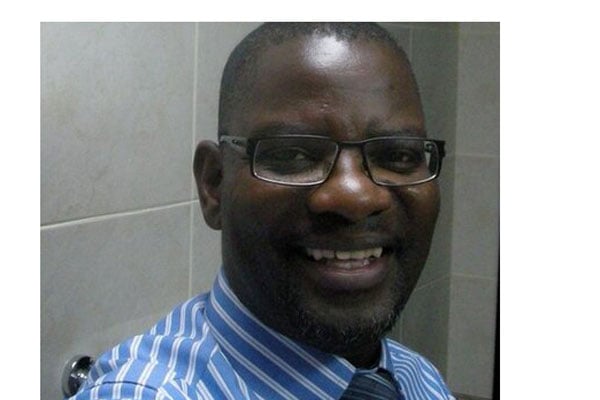Prime
We should all be partying and saying good riddance to Umeme!

Author: Musaazi Namiti. PHOTO/FILE
What you need to know:
- Umeme’s performance has been shockingly underwhelming — and that is an understatement.
- Sometimes you would see total darkness around Parliament, the National Theatre and the Uganda Broadcasting Corporation.
For the first time in decades, Cabinet has done something for Ugandans that is truly commendable: refusing to renew the 20-year concession that Umeme secured in 2005 to distribute electricity in Uganda. Whoever took the lead in ensuring that Umeme does not do the job again after its concession expires in 2025 deserves kudos.
Umeme’s performance has been shockingly underwhelming — and that is an understatement. In 2006, a year after Umeme secured the concession, large parts of Kampala, which is where you would expect the power supply to be unfailingly reliable since the capital city is the heart of Uganda, went hours without electricity.
Standby power generators (small and large) rattled and roared in the central business district and in offices, where people need to work in a quiet environment to be productive.
Sometimes you would see total darkness around Parliament, the National Theatre and the Uganda Broadcasting Corporation. We complained at the time, but we had to bear with Umeme since it had just embarked on the job of distributing electricity. It had many challenges to deal with, and this was perfectly understandable.
Seventeen years down the road and we are almost where we were in 2006. This mind-boggling incompetence is inexcusable. Power outages — also called load shedding — occur every other day in and around Kampala. Energy minister Ruth Nankabirwa was quoted by this newspaper as saying that her ministry is now grappling with a new problem of mindless vandalism of equipment used to supply electricity, which implies possible sabotage.
It is surprising that Umeme has kept this concession. Way back in 2013, a parliamentary committee that was investigating the energy sector was proposing the termination of the contract. MPs had accused Umeme of exaggerating its investment in the sector and doing little to curb power losses, the difference between kilowatt-hours generated and those distributed to consumers. Power theft and inefficiency were cited as major problems. They still are.
For all the execrable service and the losses Umeme has caused its customers — Kyambogo University said in 2021 it had incurred losses totalling hundreds of millions of shillings due to power outages — Umeme peddles a Customer Satisfaction Index (CSI) on its website that purports the company is doing a great job.
For example, Umeme got a score of 72.5 per cent in 2020 (up from 71 per cent in 2019). Customers considered “quality and reliability of supply”, “responsive service” and “new connection” as key components of service delivery. I do not know the methodology Umeme uses, but the truth remains that public opinion about Umeme’s performance is at variance with what the index says.
Although it is packing its bags, Umeme is still with us for some time. A pertinent question we need to ask now is: How will the Uganda National Electricity Company Limited (UNECL), which is due to take over, do better than Umeme and the Uganda Electricity Board (UEB), both of which have been a complete let-down in the eyes of consumers?
How can we ensure we do not move from a frying pan into fire? What lessons will UNECL learn from Umeme? How will it deal with corruption and power theft? These were serious problems in the days of the UEB; they have only gotten worse with Umeme in charge.
It is unacceptable that consumers pay for electricity and fail to get it because of power outages — or fail to use it because it is too little. UNECL should put in place systems that make it impossible for a customer to use more units than they paid for.
Mr Namiti is a journalist and former
Al Jazeera digital editor in charge of the Africa desk
[email protected] @kazbuk




